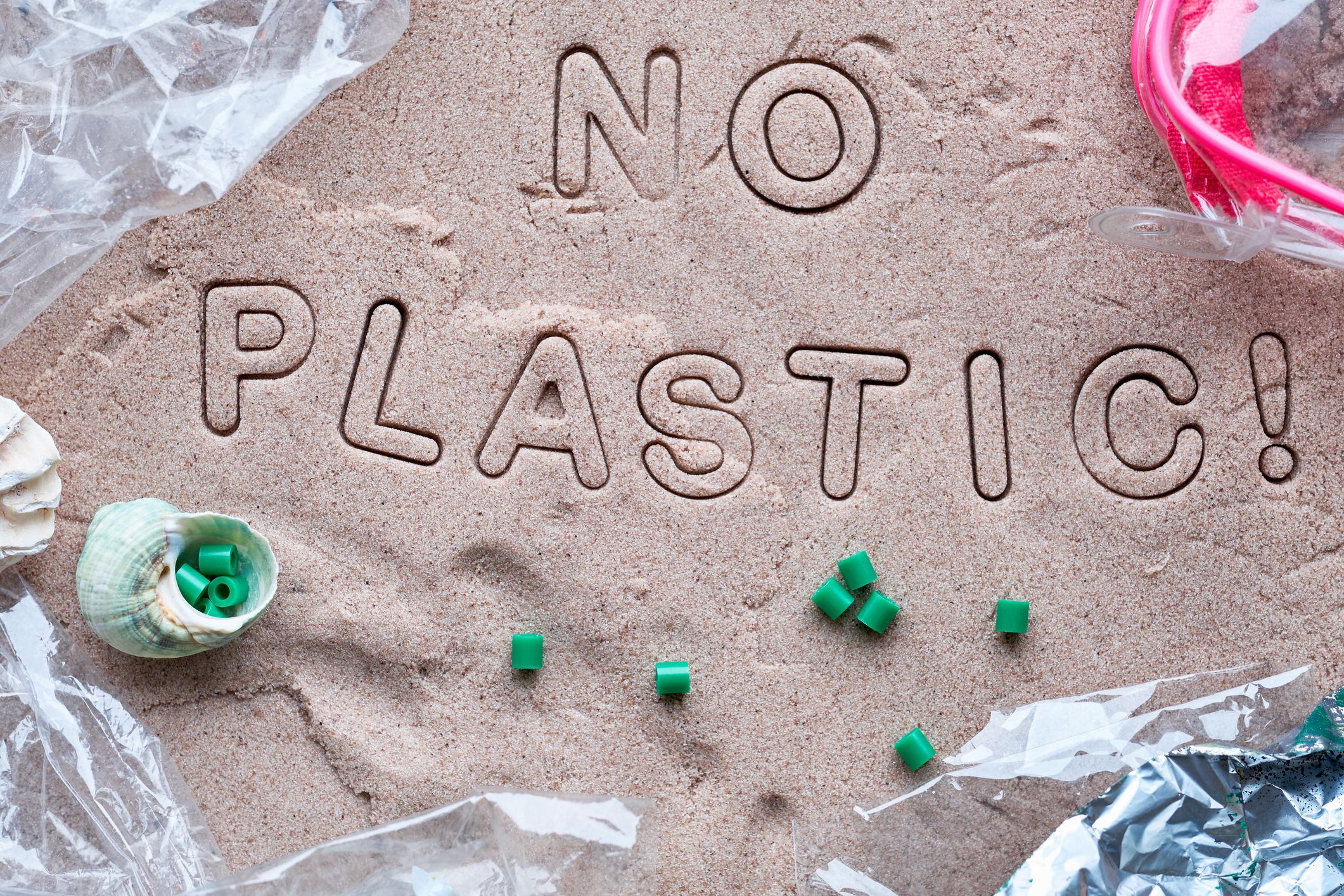Vioneo Partners with Lummus to Launch World’s First Industrial-Scale Fossil-Free Plastics Plant

In a landmark step for the plastics industry, Vioneo has chosen Lummus Technology as its polypropylene partner for the world’s first industrial-scale fossil-free plastics facility, according to an announcement on Lummus Technology’s official website. The project, to be located at the Port of Antwerp, marks a major leap toward decarbonizing polymer production by replacing fossil feedstocks with green methanol-derived inputs.
The upcoming facility will integrate Lummus’ Novolen® polypropylene technology, the company confirmed on its official site, to produce up to 200,000 tonnes per year of polypropylene made entirely from segregated green propylene and ethylene. Unlike conventional plastics, these new polymers will be fully traceable, CO₂-negative, and functionally identical to their fossil-based counterparts—enabling manufacturers to cut Scope 3 emissions without sacrificing quality or versatility.
According to Lummus Technology, the company’s scope of work includes technology licensing, a process design package, catalyst supply, and operational support during the front-end engineering phase. Novolen technology is part of its Verdene™ sustainable suite, which enables bio-based polymer producers to achieve reduced or even net-negative emissions by embedding CO₂ into the polymer structure.
“Vioneo’s goal of delivering the world’s first fossil-free polypropylene plastics facility is bold, ambitious and one we are honored to support,” said Leon de Bruyn, President and CEO of Lummus Technology.
“This world-first plant will use fully certified green propylene and ethylene from industrially proven Methanol-To-Olefins technology, to produce a broad range of high-quality, drop-in bio-polypropylene grades, significantly advancing a sustainable plastics economy,” added Alex Hogan, CEO of Vioneo.
Industry observers note that this collaboration reflects broader momentum in the plastics and chemicals sectors, where regulatory pressure and market demand are accelerating investment in circular and low-carbon materials. The European Union’s Green Deal, highlighted on its policy site, is one of the major drivers pushing manufacturers to cut emissions across supply chains.
Analysts believe that fossil-free polypropylene could play a crucial role in lowering emissions from packaging, automotive components, and consumer goods—sectors that together account for millions of tonnes of plastic consumption annually.
With construction underway, the Antwerp project—first reported on the official websites of Vioneo and Lummus—signals the beginning of a new chapter for sustainable plastics. By combining Lummus’ proven technology with Vioneo’s green methanol platform, the initiative aims to accelerate the industry’s transition toward net-zero materials.
Source: Lummus Technology






